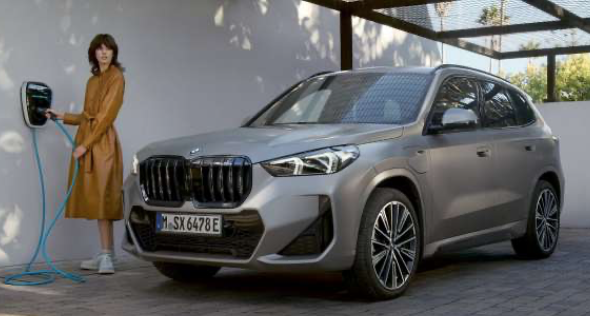
Arval: ‘Five most ordered company cars are electrified’

At Arval, the BMW X1 is by far the most popular car, appearing three times in the top 10: first as plug-in hybrid, then full BEV and finally gasoline driven /BMW
Arval, one of the more prominent multi-brand leasing companies in Belgium, has published data about the most ordered company cars for the fi


Comments
Ready to join the conversation?
You must be an active subscriber to leave a comment.
Subscribe Today